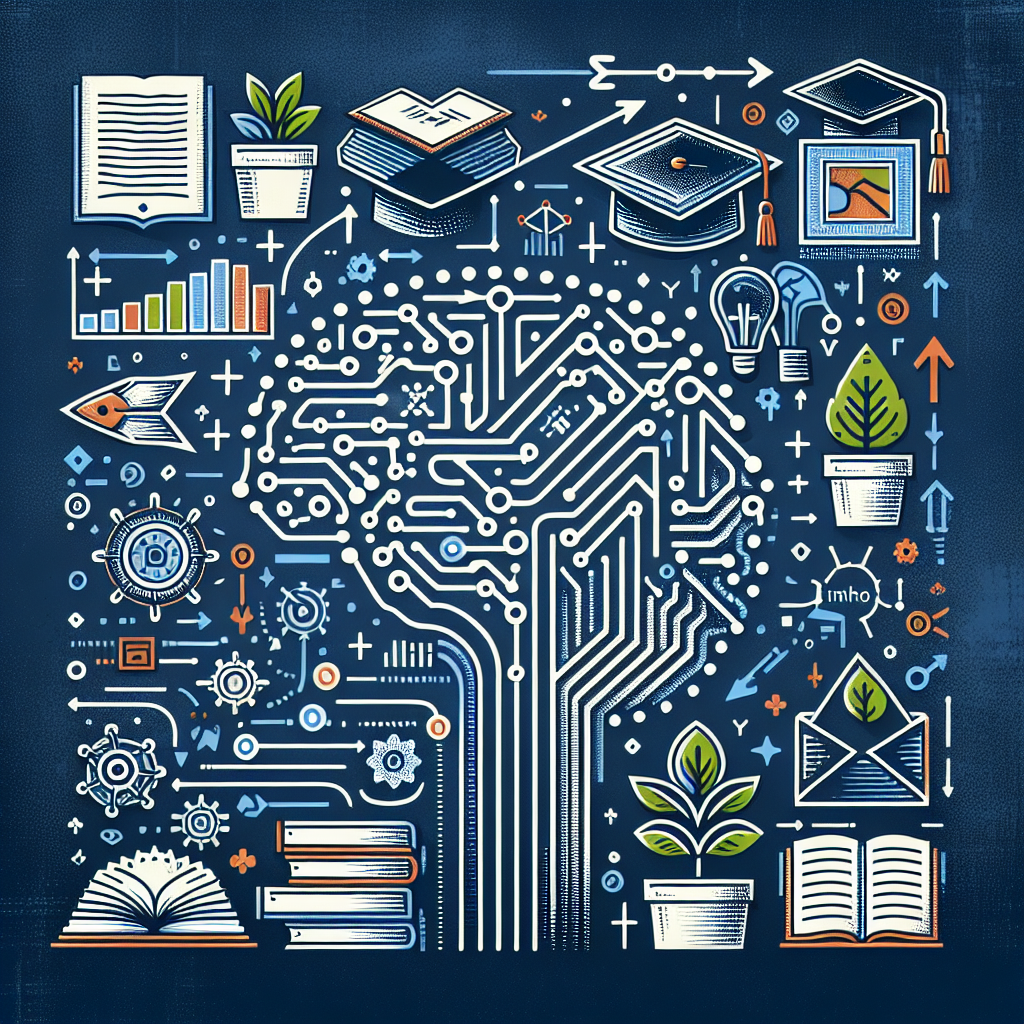Artificial Intelligence (AI) has rapidly become a critical tool in the field of education, offering new ways to personalize learning, provide feedback, and support teachers in delivering high-quality instruction. One area where AI is making a significant impact is in the use of behavioral interventions to improve student outcomes. By leveraging AI technology, educators can more effectively identify at-risk students, tailor interventions to meet their specific needs, and monitor progress over time.
Behavioral interventions in education focus on modifying student behavior to improve academic performance, social skills, and overall well-being. These interventions can take many forms, including social-emotional learning programs, positive behavior supports, and targeted interventions for students with learning disabilities or behavioral challenges. AI technology is enhancing these interventions by providing educators with real-time data on student performance, predicting future outcomes, and recommending evidence-based strategies to support student success.
One of the key benefits of using AI in behavioral interventions is its ability to analyze large amounts of data quickly and accurately. By collecting and analyzing data on student behavior, academic performance, and social interactions, AI algorithms can identify patterns and trends that may not be apparent to human observers. This data-driven approach allows educators to make more informed decisions about which interventions are likely to be most effective for individual students, leading to better outcomes for all.
AI technology can also help educators to personalize interventions for each student, taking into account their unique strengths, weaknesses, and learning styles. By analyzing data on student performance and preferences, AI algorithms can recommend interventions that are tailored to meet the specific needs of each student, increasing the likelihood of success. This personalized approach can help to address the diverse needs of students in today’s classrooms, ensuring that every student has the support they need to succeed.
In addition to providing personalized interventions, AI technology can also help educators to monitor student progress over time and make adjustments to interventions as needed. By tracking student performance data and providing real-time feedback to teachers, AI algorithms can help to identify when interventions are not working as intended and recommend alternative strategies to support student success. This dynamic approach to intervention planning can help educators to respond quickly to changes in student behavior or performance, increasing the likelihood of positive outcomes for all students.
Despite the many benefits of using AI in behavioral interventions, there are also some challenges and considerations to keep in mind. One of the main concerns is the potential for bias in AI algorithms, which can lead to unfair or discriminatory outcomes for students from marginalized or underrepresented groups. To address this issue, educators must ensure that AI algorithms are designed and implemented in a way that promotes equity and inclusivity, taking into account the diverse needs and backgrounds of all students.
Another challenge is the need for ongoing professional development and training for educators to effectively use AI technology in behavioral interventions. While AI can provide valuable insights and recommendations, it is ultimately up to educators to interpret this information and make informed decisions about how to support their students. Educators must be prepared to use AI technology as a tool to enhance their practice, rather than relying on it as a substitute for their expertise and experience.
Despite these challenges, the potential of AI in behavioral interventions in education is vast, offering new opportunities to support student success and improve outcomes for all. By leveraging AI technology to personalize interventions, monitor student progress, and provide real-time feedback to educators, schools can create more inclusive and supportive learning environments for all students.
FAQs:
1. How can AI technology improve behavioral interventions in education?
AI technology can improve behavioral interventions in education by providing educators with real-time data on student performance, predicting future outcomes, and recommending evidence-based strategies to support student success. By analyzing large amounts of data quickly and accurately, AI algorithms can identify patterns and trends that may not be apparent to human observers, enabling educators to make more informed decisions about which interventions are likely to be most effective for individual students.
2. What are some examples of behavioral interventions in education that can be enhanced by AI?
Behavioral interventions in education can take many forms, including social-emotional learning programs, positive behavior supports, and targeted interventions for students with learning disabilities or behavioral challenges. AI technology can enhance these interventions by providing personalized recommendations based on student data, monitoring progress over time, and recommending adjustments to interventions as needed.
3. What are some of the challenges of using AI in behavioral interventions in education?
Some of the challenges of using AI in behavioral interventions in education include the potential for bias in AI algorithms, the need for ongoing professional development and training for educators, and ensuring that AI technology is used as a tool to enhance practice rather than a substitute for expertise and experience. Educators must also consider the diverse needs and backgrounds of all students when designing and implementing AI-enhanced interventions.
4. How can educators ensure that AI technology promotes equity and inclusivity in behavioral interventions?
Educators can ensure that AI technology promotes equity and inclusivity in behavioral interventions by designing and implementing algorithms that take into account the diverse needs and backgrounds of all students, providing ongoing professional development and training for educators, and using AI technology as a tool to enhance practice rather than a substitute for expertise and experience. By promoting equity and inclusivity in the design and implementation of AI-enhanced interventions, educators can create more supportive and inclusive learning environments for all students.

